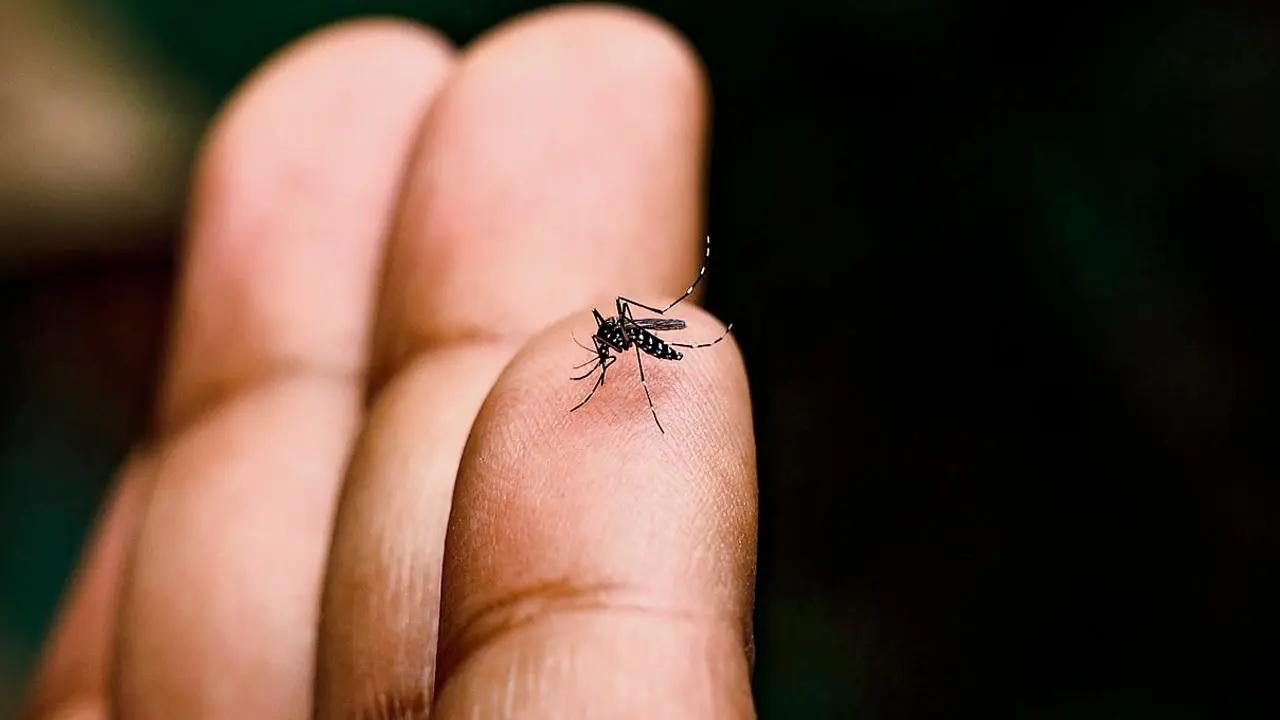A team of Singaporean researchers has identified a mechanism where mosquito saliva can help boost the human body`s immune response during chikungunya virus (CHIKV) infection.
The research, published in Nature Communications, showed that sialokinin — a bioactive peptide in Aedes mosquito saliva — binds to neurokinin receptors on immune cells and suppresses monocyte activation.
This helps reduce inflammation and facilitates early viral dissemination. The findings offer new insight into how mosquito bites shape disease outcomes, said the team from the A*STAR Infectious Diseases Labs (A*STAR IDL) in Singapore.
“This study provides compelling evidence that mosquito salivary proteins are not just passive carriers of viruses but active modulators of host immunity,” said Dr. Siew-Wai Fong, corresponding author and Senior Scientist at A*STAR IDL.
“Targeting sialokinin or its receptor interactions could represent a novel therapeutic strategy to mitigate inflammation and improve outcomes in CHIKV and potentially other arboviral infections,” Fong added.
CHIKV is transmitted by Aedes mosquitoes and causes painful joint swelling that can persist for months.
The team identified sialokinin — a protein in mosquito saliva — as a key factor that shapes how the body responds to infection.
The study found that sialokinin binds neurokinin receptors in the immune system, temporarily suppressing inflammation in the early stages of infection.
Laboratory and pre-clinical studies revealed that this early dampening of the immune response allows the virus to spread more easily to other tissues, which may in turn contribute to severe symptoms later on.
Consistent with this, patients with more severe chikungunya symptoms were found to have higher levels of antibodies against sialokinin, indicating a stronger immune reaction to the peptide, which may contribute to disease severity.
The findings underscore the importance of understanding vector-host interactions in the context of emerging infectious diseases. As climate change accelerates the spread of mosquito-borne viruses, identifying and neutralising salivary factors like sialokinin may offer new avenues for disease control and prevention.
This story has been sourced from a third party syndicated feed, agencies. Mid-day accepts no responsibility or liability for its dependability, trustworthiness, reliability and data of the text. Mid-day management/mid-day.com reserves the sole right to alter, delete or remove (without notice) the content in its absolute discretion for any reason whatsoever











